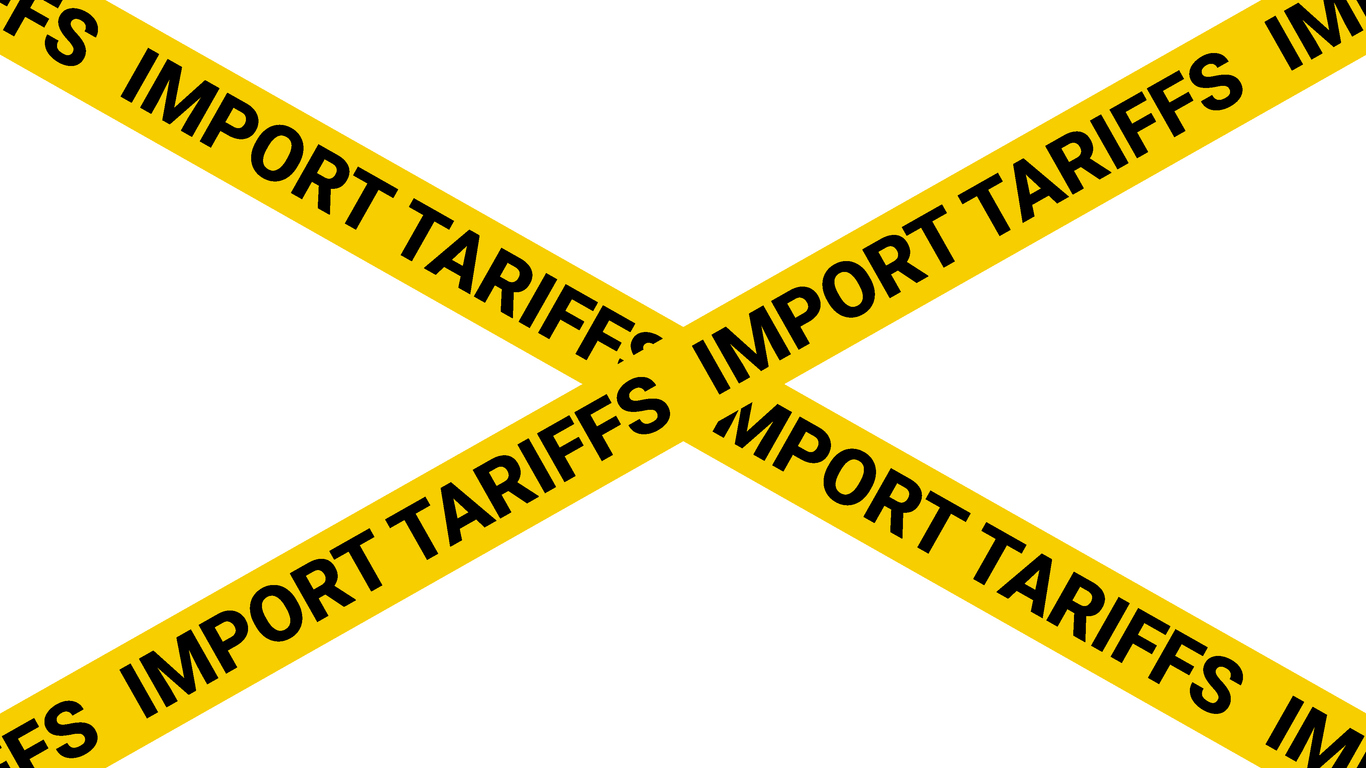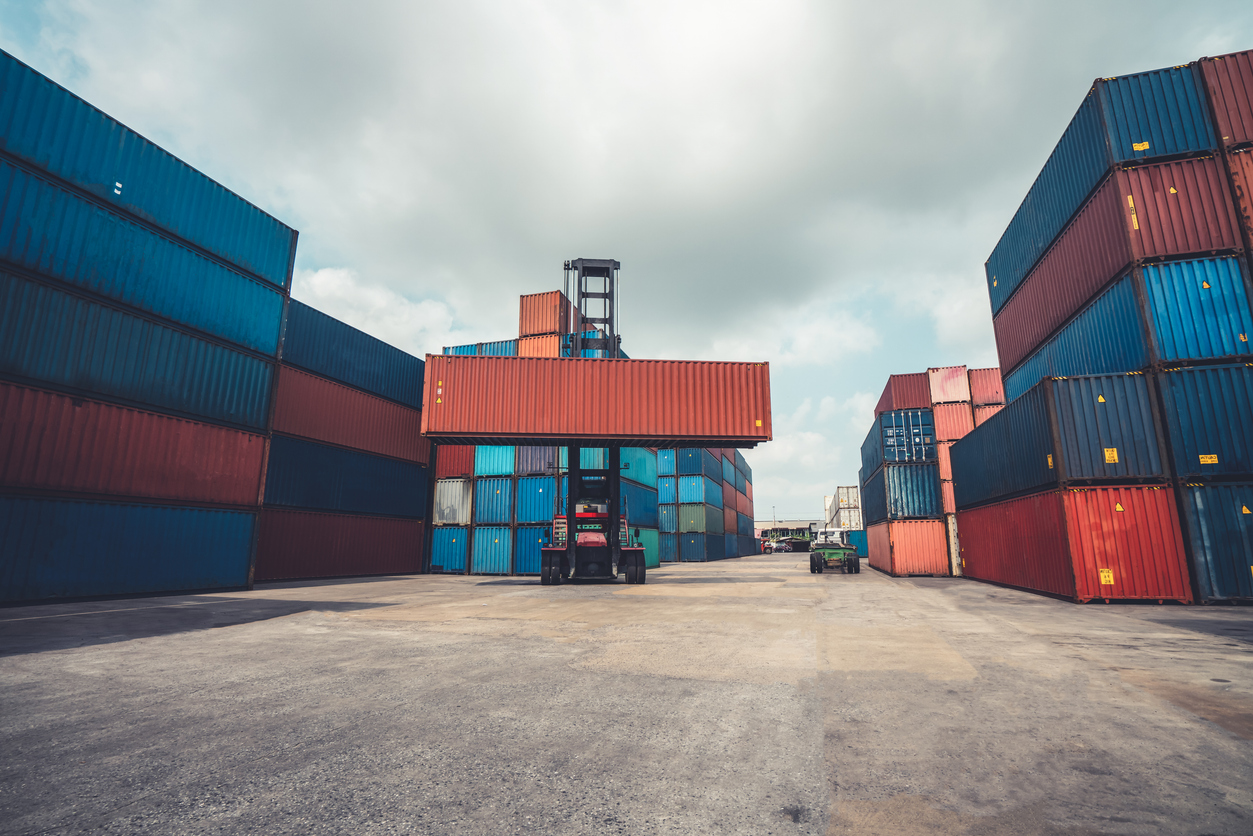How to Export Gold from Nigeria: Is It Worth The Risk?
How to Export Gold from Nigeria: Is It Worth the Risk?
Exporting gold from Nigeria can be a lucrative business opportunity, but it comes with various challenges and risks. This guide provides a comprehensive overview of the process, requirements, and potential risks involved in exporting gold from Nigeria.
1. Understanding the Legal Framework
Overview: Exporting gold from Nigeria is regulated by the Nigerian government to prevent illegal mining and smuggling. The Nigerian Export Promotion Council (NEPC) and the Ministry of Mines and Steel Development are key regulatory bodies involved in the process.
Key Points:
- Licensing: Obtain the necessary export licenses from NEPC.
- Regulations: Adhere to the Nigerian Minerals and Mining Act and other relevant regulations.
- Documentation: Ensure all required documentation, such as export permits and certificates of origin, are in place.
Sources:
2. The Export Process
Step-by-Step Guide:
- Obtain a Mining License: Secure a mining license from the Ministry of Mines and Steel Development if you plan to mine gold yourself.
- Register with NEPC: Register as an exporter with the Nigerian Export Promotion Council.
- Secure an Export License: Obtain an export license from the NEPC.
- Comply with NAPEP: Comply with the Nigerian Agricultural Quarantine Services (NAPEP) for any necessary inspections.
- Get the Necessary Documentation: Prepare all necessary documentation, including export permits, certificates of origin, and customs documentation.
- Engage a Licensed Exporter: If you do not wish to mine gold yourself, engage a licensed gold exporter to handle the logistics.
Sources:
3. Costs Involved
Overview: The cost of exporting gold includes various fees for licenses, permits, and logistics.
Key Costs:
- License Fees: Costs for obtaining mining and export licenses.
- Permits: Fees for export permits and other necessary documentation.
- Logistics: Costs for transportation, insurance, and shipping.
Sources:
4. Risks and Challenges
Overview: Exporting gold from Nigeria involves several risks and challenges, including legal, financial, and operational risks.
Key Risks:
- Legal Risks: Non-compliance with regulations can result in fines, penalties, or legal action.
- Financial Risks: Fluctuating gold prices can impact profitability.
- Operational Risks: Security risks related to transporting valuable commodities and potential for fraud or theft.
Sources:
5. Is It Worth the Risk?
Considerations:
- Market Potential: High demand for gold in international markets can make it a lucrative venture.
- Investment: Significant initial investment required for licenses, permits, and logistics.
- Risk Management: Implementing strong risk management strategies can mitigate potential risks.
Conclusion: While exporting gold from Nigeria presents significant profit opportunities, it also involves substantial risks and regulatory challenges. Conduct thorough research, ensure compliance with all legal requirements, and develop a robust risk management plan to navigate the complexities of this venture.








LEAVE A COMMENT
You must be logged in to post a comment.